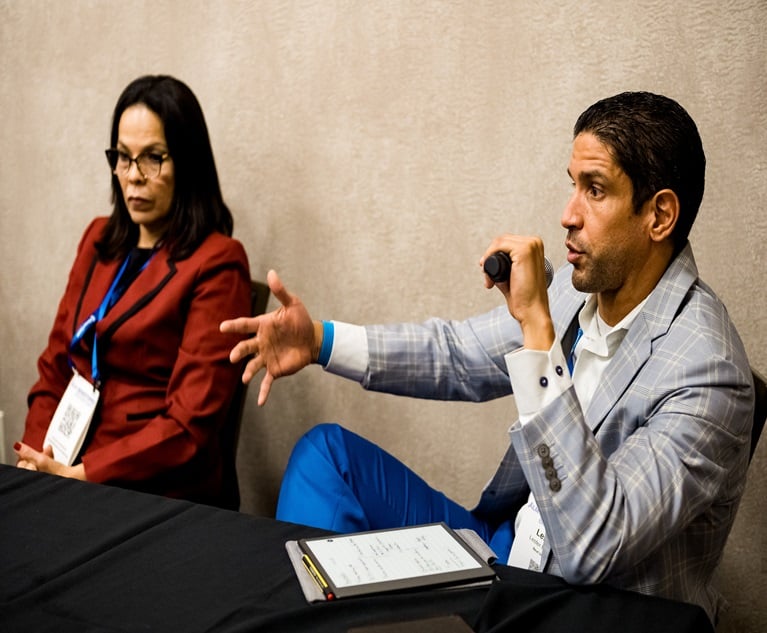“Everyone says to ask questions but how do I discover myprospect’s needs or problems without sounding like I’minterrogating her?”
|I hear some version of that question on a regular basis. Theidea that questions are the key to uncovering opportunities is wellestablished, but many sellers have difficulty applying theprinciple and some question whether questions are even theappropriate technique.
|In a short article such as this, we can’t delve into the topicof questioning in depth but we can address the basic issue of theoverall role of questions as a tool in the needs analysis phase ofa sale.
|Needs analysis
Even if we’ve done extensive research and believe we have uncovered an issue or a problem that our prospectmay or may not know about but that they need to address, wehave to speak with our prospects to discover what their needs andissues are; how important those issues, problems or needs are tothem; and whether or not they are interested in investing time andmoney in solving the issue.
The above is the “needs analysis” phase of qualifying aprospect. We can’t sell if there’s no need or want of our productor service. Consequently, we either have to discover or create aneed or want for what we sell.
|That’s where questioning comes in, and for many sellers, that’swhere the worry about sounding like a CIA interrogator comes in.How can we use questions to discover needs or problems withoutmaking our prospect feel that if they don’t answer correctly we’llpull out the rubber hose?
|Close-ended vs. open-ended questions
We’ve all been taught the difference between close-ended andopen-ended questions. We’ve been given instructions on when to usewhich type question. Some trainers have given us formulas; othershave given us specific questions to ask.
It’s these detailed guidelines that seem to get many sellers introuble — that gets their questions to resemble Gestapo tacticsrather than a discussion with a prospect.
|Related: The 3 questions every prospect isasking
|Continue reading...
||
Ask the natural questions that come to mind and you’ll findyour prospect will not only open up more easily, they will be moreopen to listening when it’s your turn to offer asolution. (Photo: Thinkstock)
|So how do you use questions without intimidating or badgering?
|The answer is actually quite simple — don’t interrogate yourprospects. Instead, of trying to figure out whether to ask anopen-ended or close-ended question here or which specific questionto ask now, just ask the natural questions you’d ask your friendsif you were trying to understand their problems.
|Certainly there are different uses for different types ofquestions. Certainly there are times when an open-ended questionwill be more productive than asking a close-ended question.Ultimately though, the goal isn’t to ask the correct question typebut to communicate with your prospect.
|Communication is an art. We all can and need to improve ourcommunication skills.
|Tone of voice
That being said, I’ve found that if I am sincerely interested inunderstanding my prospect’s needs, my questions come naturally.They’re the same questions — delivered in the same tone of voice —I’d ask a friend or my spouse if I were trying to understand theirsituation, and those questions and that tone of voice is hardlythat of an interrogator.
Rather than being perceived as an unwanted interrogation, myquestions are viewed as a sincere desire to understand, tocommunicate and to help. Rather than putting my prospect on thedefensive, my questions usually cause the prospect to willinglyopen up more.
|Approach prospect as a friend
If you find you’re uncomfortable with using questions for fear thatyou’re putting your prospect on the defensive or you’re comingacross as a prosecutor cross-examining an unwilling witness, don’tgive up on using questions because questions are the answer tounderstanding your prospect's needs and how you can help. Instead,give up on trying to use formulas or control the conversation andsimply approach your prospect as a friend who has a problem youwant to understand.
Ask the natural questions that come to mind and you’ll find yourprospect will not only open up more easily, they will be more opento listening when it’s your turn to offer a solution.
|Related: The perfect sales professional
Want to continue reading?
Become a Free PropertyCasualty360 Digital Reader
Your access to unlimited PropertyCasualty360 content isn’t changing.
Once you are an ALM digital member, you’ll receive:
- All PropertyCasualty360.com news coverage, best practices, and in-depth analysis.
- Educational webcasts, resources from industry leaders, and informative newsletters.
- Other award-winning websites including BenefitsPRO.com and ThinkAdvisor.com.
Already have an account? Sign In
© 2024 ALM Global, LLC, All Rights Reserved. Request academic re-use from www.copyright.com. All other uses, submit a request to [email protected]. For more information visit Asset & Logo Licensing.








